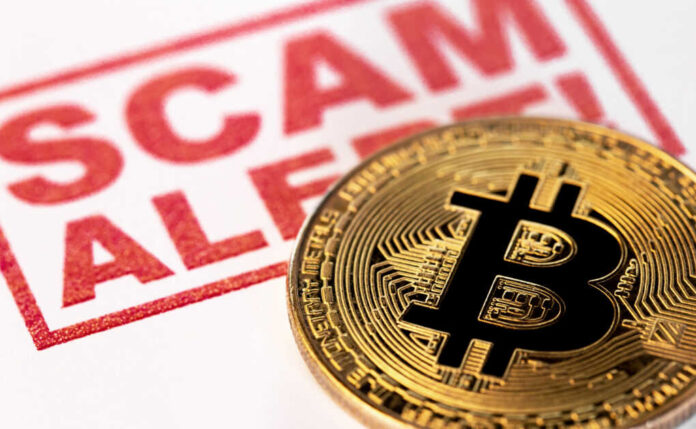
Scammers in Georgia swindled millions in a sophisticated crypto con—but a growing number of victims are fighting back and recovering what they lost.
At a Glance
- £9 million stolen from U.K. investors via Georgian-based crypto call center scam
- Victims were lured by fake social media ads and manipulated with false trading dashboards
- Scammers demanded more money as “fees” to release non-existent crypto profits
- Successful recoveries reported by victims who took quick legal and regulatory action
- Authorities stress education and skepticism as key to defeating these evolving threats
The Digital Con Behind the Curtain
A shadowy network in Tbilisi, Georgia, is behind a stunning crypto scam that stole over £9 million from unsuspecting Britons. Victims were drawn in through deceptive ads promising “zero risk” and overnight profits. Once onboard, they were manipulated by phone operators—posing as expert brokers—who showcased fake profit dashboards to gain trust and request more money for “taxes” and “release fees.”
A leaked archive of audio recordings has exposed the mechanics of this con, revealing voices of real victims being pressured and deceived. In many cases, callers impersonated legitimate financial firms, turning suspicion into misplaced trust. “A sprat to catch a mackerel,” one victim described the tactic.
Watch a report: Crypto Call Center Scams Exposed
Turning Despair Into Action
While thousands were trapped in the con, some have managed to recover lost funds. Jesse Weiss, a U.S. victim, filed reports with the FTC and engaged trusted services like brokercomplaintalert.org—key steps that helped him recover a portion of his assets. These stories prove that not all is lost if action is swift, and the resources used are legitimate.
But caution is critical: secondary scams often target victims again by posing as fund recovery firms, charging steep fees or phishing for more data. Regulators urge victims to use only recognized agencies like the FTC, CFTC, and their national fraud reporting platforms.
Watch a report: How Victims Tracked Down Scammers
What to Do If You’ve Been Hit
Cryptocurrency transactions are irreversible, and with minimal regulatory safeguards, users are on their own once scammed. But victims can—and should—report to:
Federal Trade Commission (FTC)
- Commodity Futures Trading Commission (CFTC)
- U.S. Securities and Exchange Commission (SEC)
- Blockchain analytics firms and wallet providers
- Social media platforms hosting the fraudulent ads
Watch a report: Crypto Scams Are Evolving—So Should You
Sharing these experiences through platforms like X (formerly Twitter) also helps educate others. Accounts like @KeystoneWallet and @ScamRetrievall offer real-time updates and scam-tracking tools, often crowdsourcing clues that aid investigations.
As crypto scams get more elaborate, so must our defenses. With the right tools and quick action, the victims of today can become the whistleblowers and watchdogs of tomorrow.





























